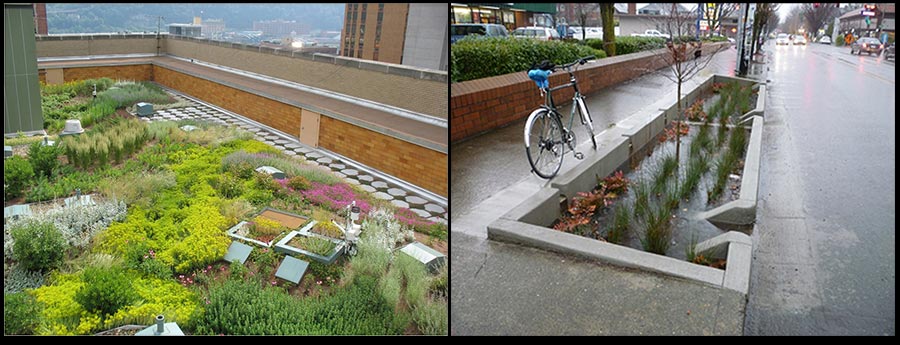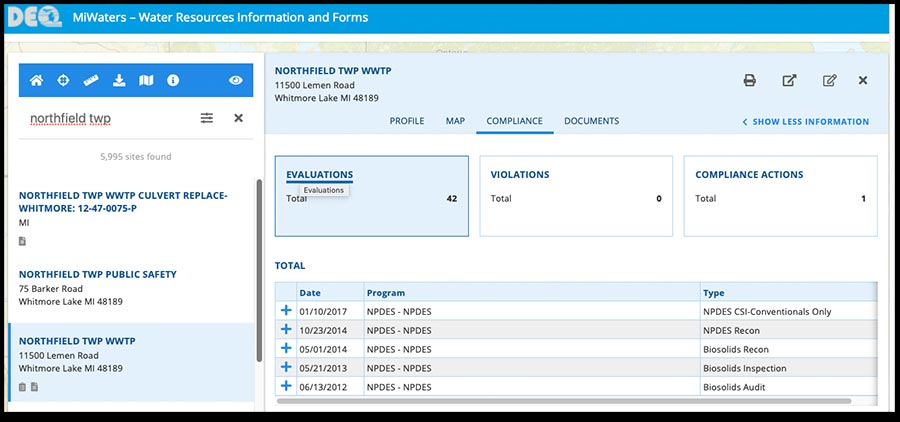by David Gordon 3/18/19
Northfield Neighbors recently alerted sewer customers to the Board of Trustee’s $5M plan for a holding tank at the Wastewater Treatment Plant (WWTP). This plant expansion could raise sewer rates $100/yr. and could also impact residents in the rural areas.
Supervisor Chockley and Trustees Jackie Otto and Janet Chick say a holding tank is needed to promote business growth, to protect the environment and to meet a legal commitment to Green Oak Township.
Their own consultants say otherwise.
- · Our engineer says the plant has at least 200 sewer “taps” now available.
- · Our plant superintendent says we are not polluting.
- · The MDEQ has not cited the WWTP for polluting. No violations.
- · Our attorney says there is no legal requirement to build now.
In reality, Chockley, Otto and Chick want to make it easier for developers as the tank would add 1,300 “taps” (rooftops) to the plant capacity.
Clerk Kathy Manley, Treasurer Lenore Zelenock and Trustee Wayne Dockett are against making our current sewer customers pay for a tank. “Let the developers pay” is their message. Trustee Tawn Beliger is still, somehow, undecided.
WHO PAYS? Adding $100/year to sewer customers is a tax by another name. Beliger says she’s against taxes. We’ll see on March 26 at the BoT meeting.
 Photos of holding tanks
Photos of holding tanks

New alternatives for managing storm water
The Rest of the Story
Let’s evaluate the claims being made by Chockley, Otto and Chick.
NEEDED FOR NEW BUSINESSES? No.
According to TetraTech, our township engineers, the WWTP today has capacity for at least 200 new taps (commercial, industrial and/or residential). This is enough to satisfy any realistic growth for the near future and there may be even more capacity.
The WWTP was originally built in the 1960s by the State of Michigan to provide sewage treatment for W. J. Maxey Boys Training School. Maxey closed in 2015, freeing up 3.3 million gallons/year in capacity. Where did that capacity go?
Occupancy at the local manufactured home park dropped substantially after the housing market collapse in 2008. Where did that capacity go?
Two hundred taps is a lot. It could support a mall half the size of Briarwood.
NEEDED TO PROTECT THE ENVIRONMENT? No.
The Michigan Department of Environmental Quality (MDEQ) is responsible for monitoring the WWTP. NO violations have been issued.
 MDEQ site showing that our Wastewater Treatment Plant has recieved 0 violations
MDEQ site showing that our Wastewater Treatment Plant has recieved 0 violations
Click here to read or download MDEQ's latest full treatment plant inspection report, dated 3-14-2017
During large storms, rainwater infiltrates the WWTP system, which is unavoidable according to WWTP Superintendent Dan Willis. The plant has procedures to handle the overflow and has been meeting this occasional challenge for decades.
In the spring of 2017, for instance, the township had the largest “rain event” in 38 years, according to Willis. He said the plant handled it without polluting. Here’s a back-and-forth exchange from the April 11, 2017 BoT meeting:
Trustee Dockett - “So, we have no problem with the state?”
Superintendent Willis – “No, no, we’re fine with them.”
Trustee Dockett - “So, we’re not polluting?”
Superintendent Willis - “No we’re not.”
(Jump directly to video of the WWTP conversation, on VideoNorthfield)
Dockett's exchange occurs during the Wastewater Treatment Plant report, about 45 minutes 40 seconds into the 3-hour meeting.
At the 3-12-2019 Board meeting, Dockett asked again. Willis reconfirmed that there have been no problems with the State.
NEEDED TO SATISFY LEGAL COMMITMENTS? No.
“It is not a legal question,” said Township Attorney Paul Burns this January. You can listen to the entire 53-minute “discussion” at this :Link:@2:02:40 in the video
https://livestream.com/accounts/1160710/events/8518568/videos/185571229 (This will become a LiveAgenda video very soon.)
At the Jan. 8 BoT meeting, Burns said the tank is a policy decision, not a legal one. He explained that if Green Oak Township asks for their promised 1,600 taps, they would have to pay $10M in tap fees. Tap fees are now $6,255 each.
HOW DOES FINANCING WORK FOR TREATMENT PLANTS?
According to Burns, capital improvements (like a tank) are paid for by sewer “tap fees” on NEW customers; maintenance is paid by the quarterly sewer bills on EXISTING customers. Simple.
Chockley now wants to pay for a financial analysis to find some “creative” way to pay for the tank. How about this? When a developer shows up with an 800-home project that fits with our Master Plan, the developer pays $5M for the taps. Done.
SUMMARY:
There is no shortage of capacity; we are not polluting and we are not required by law to build the tank.
UNINTENDED CONSEQUENCES: What if:
- The tank gets built despite opposition from residents.
- Developers buy relatively cheap farmland in the Ann Arbor, South Lyon or Dexter school districts. (all within the borders of Northfield Township.)
- The farmland is lost forever.
- The new subdivision residents don’t shop downtown and their kids aren’t enrolled in the Whitmore Lake school system.
Maybe instead of spending more time and money on the tank, the BoT could do some legwork, find a 21st Century fix and let the developers pay for it when and if they show up.
Check out these sites or Google “alternative storm water management practices”.
https://www.sciencedirect.com/science/article/pii/S0273122398007343
https://stormwater.wef.org/category/news/green-infrastructure/

